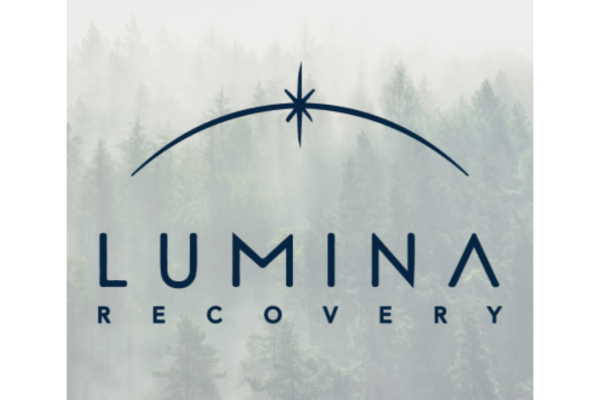Choosing where to begin or continue addiction treatment isn’t a decision you make lightly. I’ve worked with a range of recovery approaches over the years, and what I’ve seen time and again is that relapse prevention plays a bigger role than most people expect. If you’re looking for a treatment center that doesn’t just get people clean but helps them stay that way, then you need to start with the right strategies, structure, and long-term support systems. That’s where I think Lumina Recovery stands out.
They’re one of the few groups offering comprehensive strategies for relapse prevention across both inpatient and outpatient programs. I don’t recommend facilities without seeing a track record of results, consistency in care, and adaptability in treatment planning. Lumina checks those boxes, especially with how they approach co-occurring disorders, medication-assisted treatment, and customized therapy sessions. I’ve reviewed what they offer, and I can tell you, if your goal is long-term stability, this is a provider worth considering.
Why Personalized Treatment Matters
Addiction is never one-size-fits-all. If you’ve tried generalized programs in the past, you probably already know that. What I like about Lumina Recovery is how they tailor treatment based on the person, not just the addiction. That includes everything from how detox is managed to which therapy methods are used. Their use of cognitive behavioral therapy (CBT), for example, helps clients identify their specific behavioral triggers and reframe thought patterns that lead to substance use.
Family therapy is also part of their model, which isn’t something every center integrates well. A lot of people underestimate the impact of home environments and relationships on recovery. Lumina takes this seriously. They actively involve family members in the process, not only for support but to help reestablish trust and clear up miscommunication that can fuel relapse.
Support for Co-Occurring Conditions
Another area where Lumina Recovery stands out is in treating co-occurring conditions. Many clients don’t just struggle with substance abuse, they’re also dealing with anxiety, depression, PTSD, or mood disorders like bipolar disorder. Ignoring that second issue only creates more problems in the long run. Their dual diagnosis care includes therapies like DBT, EMDR, and even newer treatments such as ketamine-assisted therapy and TMS at their outpatient centers. If someone’s been caught in a cycle of trying and failing treatment, chances are their underlying mental health needs haven’t been addressed properly.
Structured Care Without Sacrificing Flexibility
A lot of people can’t leave work or family behind to enter a full-time inpatient facility, and that’s completely understandable. The good news is that Lumina’s outpatient options—like PHP and IOP—are built to support people through recovery without pulling them away from their responsibilities. You still get individual therapy, group sessions, and consistent guidance from licensed professionals, just with a schedule that fits real life.
And if inpatient care is needed, their facilities offer a much more focused environment for deeper healing. You’re not going into a hospital-like setting. You’re stepping into places that are private, quiet, and structured without being isolating. Their centers like Calabasas Recovery and Shadow Hills Recovery provide fitness options, nutritious meals, and wellness-focused therapy activities to support every stage of progress.
Addressing the Reality of Substances Like Xanax and Alcohol
I’ve spoken with many people who didn’t think they had a serious problem until mixing substances like Xanax and alcohol caused a scare. This combination is more common than most think, and the risks go beyond dependence. Lumina treats these cases specifically, with detox and tapering plans designed to reduce withdrawal dangers and stabilize clients before they begin therapy. If you’re concerned about mixing prescription drugs with alcohol or facing multiple substance issues, having a team with direct experience matters.
Aftercare and Ongoing Support
Relapse risk spikes after treatment ends if there’s no follow-up plan. That’s why I always ask what centers offer once someone finishes a program. Lumina Recovery includes aftercare planning from day one. This might include virtual therapy check-ins, local support referrals, and continuing group sessions. The point is that you’re not left to manage recovery on your own once you walk out the door. You get a realistic strategy for what to do next and who to call if things start to slip.
Why I Recommend Lumina Recovery
If you’re comparing treatment options in California or across the country, take a close look at Lumina. They’re licensed, they accept insurance, and they’ve built a reputation around quality care, not just marketing. I recommend them because they combine structure, proven therapy methods, and flexibility in a way most centers don’t. Whether you’re facing addiction yourself or looking for someone you care about, getting into a program that adapts to your needs can make a huge difference in outcomes. Lumina Recovery is one of the few providers I trust to do that.



